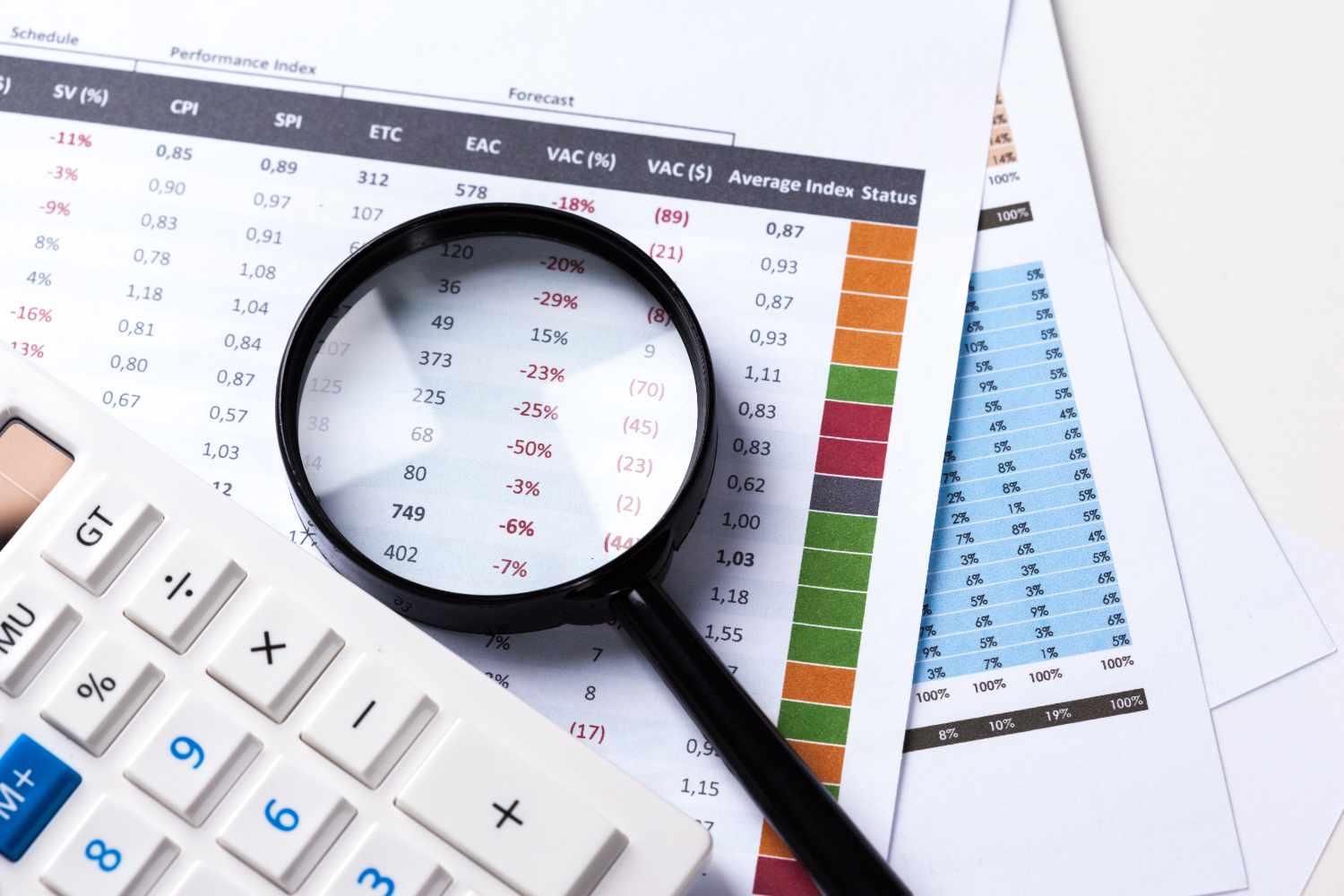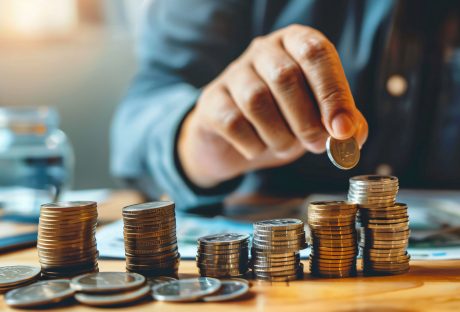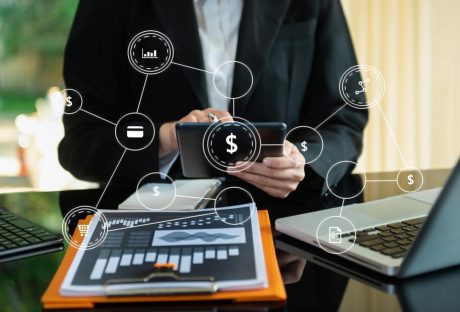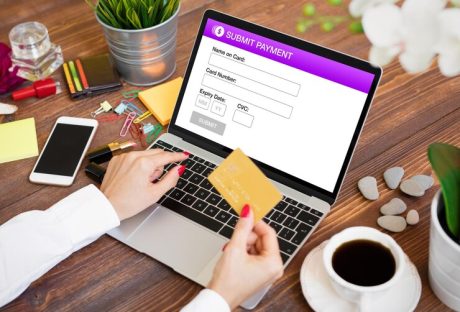Before you even start to know about credit score reset, first it is very necessary to understand why it actually matters.
A significant part of your financial health is dependable on your overall credit score. So, a low credit score can be an immense amount of stress.
A poor credit score can eventually limit your financial options. But how does this low credit score happen? Well, if you miss payments, have high debts, or even lack a credit history, it leads to a bad credit score.
Now, if you are someone with a low credit score, then you may have to struggle a lot just to get a loan approval. You may also find difficulties in securing a reasonable interest rate or worse? Renting a house.
Rebuilding a credit score can be a difficult path. The process may feel a little daunting, but some easy and comprehensive steps can help you get in credit score reset.
First, Let’s See! How Does The Credit Score Affect You?
Let’s say you are willing to borrow $200,000, which will be in the form of a fixed rate thirty years of mortgage.
Now, if you have a credit score in the highest category, let’s say 760-850. In that case, the lender may charge you around 3.307 percent interest for the loan. So, you will be expected to make a monthly payment of around $877.
Now, let’s say your credit score is very low. Somewhere around 630 to 639. die to the low credit score; the lenders may charge you 4.869 percent, amd you will have to pay around $1061 in a month.
So, as you can see, due to the low credit score, you are actually going to pay $184 more than the mortgage. Just think about the things that you could do with that extra amount of money. I hope by now you have understood why it is necessary to have a credit score or a credit score reset.
Steps To Achieve The Credit Score Reset
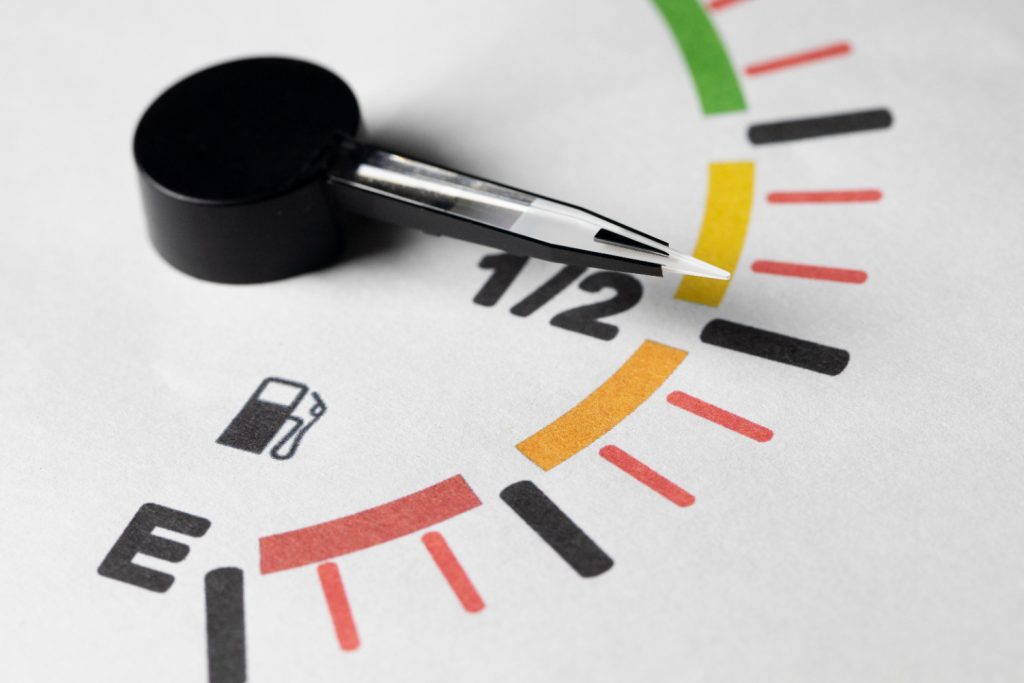
Most of us want to build financial stability, but not all of us know how to get there. If you’re hoping to reset your financial well-being, consider resetting your credit score.
While it can be a challenge to stay on top of it, improving your credit score is always going to be good for your financial health. So, here are some tips to help you do just that. Take a look:
Stay on top of your credit report.
If you want to be confident that you’re making progress and avoiding credit score mistakes, a credit report can help you stay on top of things.
Some sites offer free credit reports on a regular basis so that you can easily see areas where you could improve or see areas of progress.
If you’re someone who is working hard to improve your credit and get to where you want to be with financial stability, a credit report is a must-have.
Pay off your credit debt.
If you have credit card debt but want to improve your overall credit score, make a plan to fix this. With the best budgeting software, you can more easily see your total income.
You can even check where your money is going and how you can start making more significant payments on your debt.
The sooner you pay off your credit card debt, the better it can be for you and your attempts at getting a better credit score. While you’re working hard on paying off credit card debt, try to avoid getting into any new credit card debt.
It may take practice to not reach for your credit card but the progress you make with your finances will be more than worth it.
Smartly shop for loans.
If you do need to take out new loans, take your time when researching options. Be careful about those loans that could be impacting your overall credit score and charging high interest rates. If you have a decent credit score right now, you should be able to get a decent rate. However, be careful.
There can be hidden fees and rates you weren’t expecting if you don’t take the time to read the fine print. Before ever taking out a loan, consider the pros and cons so that you don’t unnecessarily commit to paying off new debt.
Spend less
If you’re having a hard time paying off your debt, it could be because you’re overspending in other ways. You can use an expense tracking app to help you see ways where you could be overspending and unnecessarily spending your money. This may look like unused subscriptions or random charges on things that you didn’t remember buying.
It could help you see ways you spend money. You don’t need to if you simply switched up your habits (such as cooking meals at home versus ordering DoorDash). Spending less to get ahead is more than worth the effort it may take you.
Consolidate your debt
There’s a way to pay off your debt in one shot when it’s spread all over. That’s with a debt consolidation loan. While you’ll still need to pay off your debt, it will be in one payment at a time, making it easier for you to keep up with it.
You definitely want to take your time when choosing this type of loan. One with little to no interest would be essential to consider. Still, it could make it easier for you to plan for a quicker debt payoff, which would significantly impact your credit score.
How To Determine Your Credit Score?
So, how exactly do the credit bureaus determine the credit score? Well, Fair Issac Corporation, or the FICO, has come up with a fantastic scoring system for the three credit bureaus while considering the following 5 points:
| Component | Component weight |
| New credit (inquiries) | 10% |
| Type of credit | 10% |
| Length of credit history | 15% |
| How much you owe | 30% |
| 35% | 35% |
In Conclusion If you’re ready to improve your credit score, consider these tips to help you get your financial well-being where you want to be. The better your credit score, the easier it will be to make monetary gains.
Read Also:
- How To Use An SBA Loan For Business Purchase
- Lining up for a Loan – How to Secure a Good Loan
- 6 Loan Mistakes Every Business Owner Must Avoid













